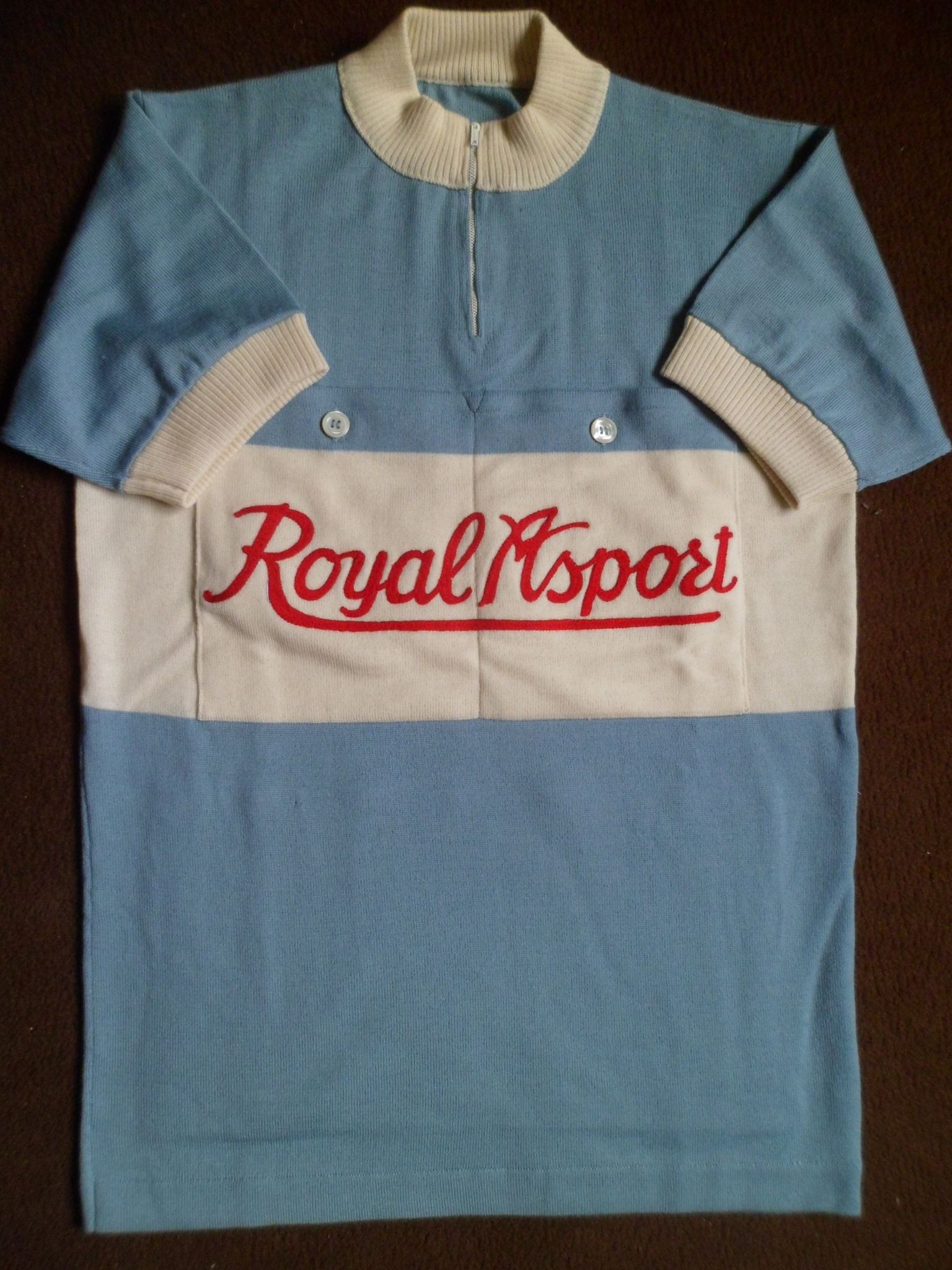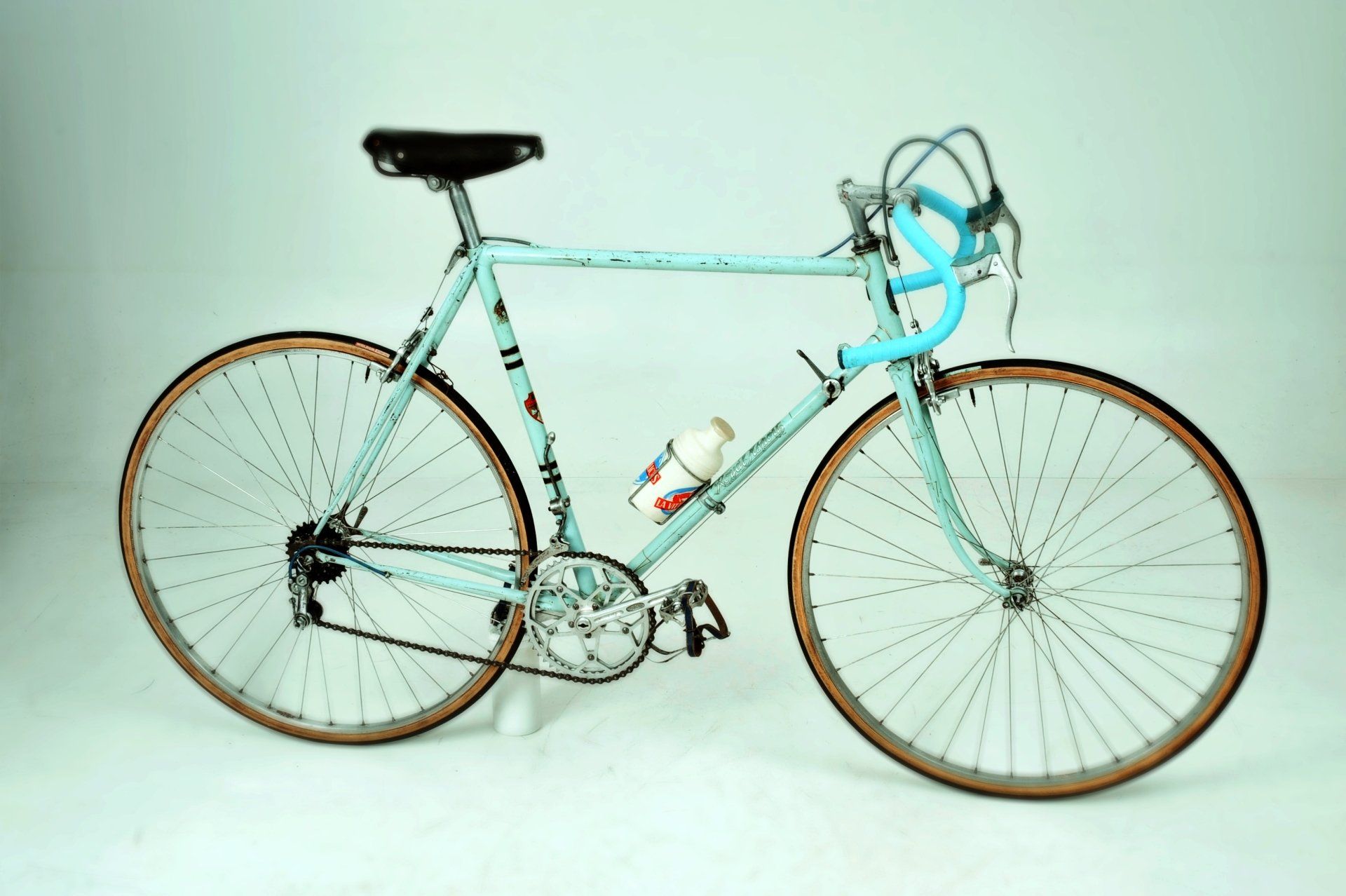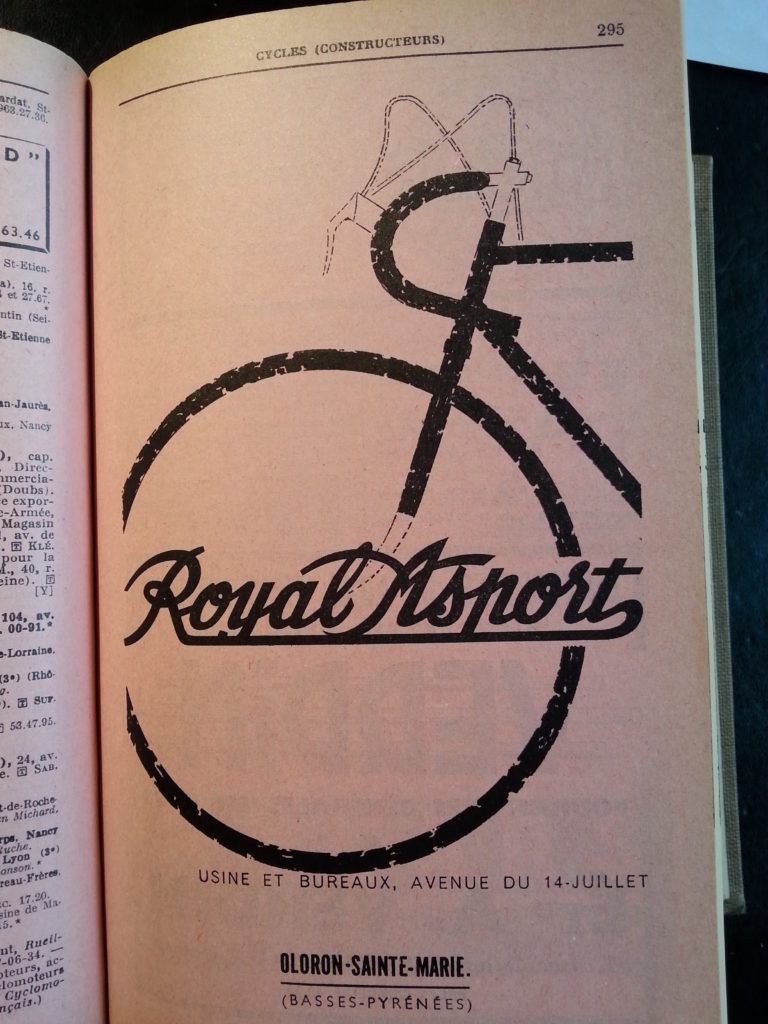Crafted in the Pyrenees. Driven by Precision.
We do bicycles as
unusual.
We design and assemble bicycles as architects create houses: with precision, intention, and intelligence. Every choice serves a purpose: utility, fit, and performance.
Our machines embody perfect adaptation.
Our models express a confident timelessness.
Our story, rooted in the Pyrenees, unfolds as something alive and ever-evolving.
For us, the bicycle is more than an object: it is a craft.
Our manifesto

Royal Asport Cycleworks is more than a brand. It’s a purpose built on friendship, legacy, and terrain.
We are Marc Duchesne and Diego Camarero - French and Spanish, designers and riders, united by a lifelong passion for cycling and the Pyrenees. In 2020, we made a promise: not just to revive a name, but to honor the legacy of Joseph Habierre and the land that shaped him.
Our ambition goes far beyond crafting bicycles.
We are building a sustainable ecosystem rooted in the Western Pyrenees, one that values precision, passion, and place.
To do this, we:
Design and assemble bespoke bicycles in Borau, Aragon.
Organize meaningful rides and events across Béarn, Aragon, and beyond to celebrate this land by riding it.
Guide cyclists on custom adventures in the Pyrenees - connecting landscape, culture, and sport.
Create value with and for the people of the Pyrenees - through workshops, partnerships, and shared goals.
This is not a project. This is our way of life.
And if it resonates with you, you may already be part of it.

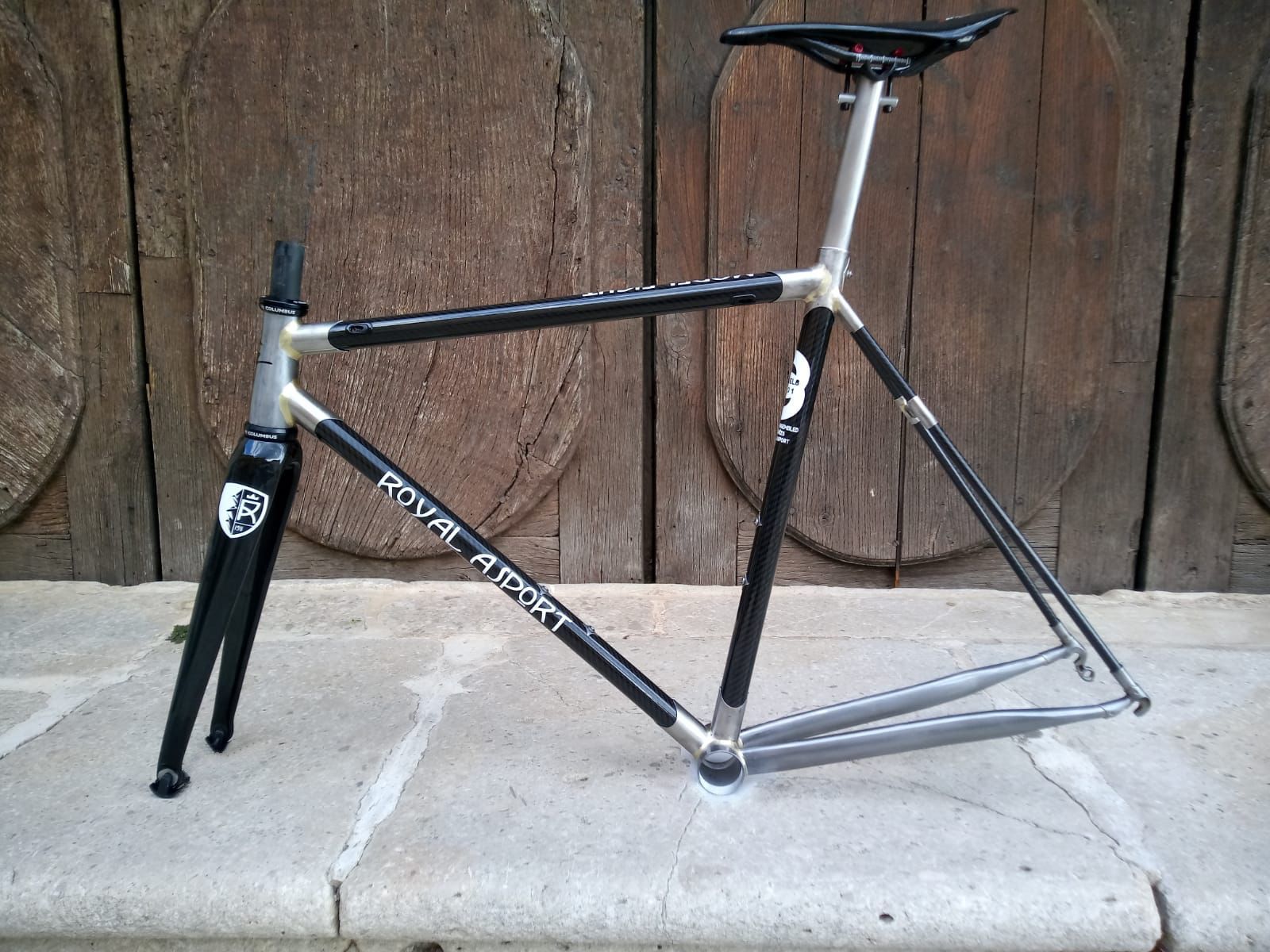
Born in 1911 in Oloron Sainte-Marie, Royal Asport’s roots reach back to Aragon, where Orosia crossed the Pyrenees in 1892.
Her son Joseph Habierre rode the Tour de France
twice
as an Isolé before opening the shop that became Royal Asport.
From touring to
racing machines for
the legendary KAS team, our bicycles have always served a purpose.
Today, we craft them with modern tools, and the same Pyrenean soul.
Our makers
Behind the Royal Asport bicycles stands a team of makers, each bringing their own signature, skills, and spirit. More than collaborators, they are part of the family.

Vincenzo Forgione, Italy
Master of steel and carbon tube-to-tube constructions. Timeless precision, born from decades of artisanal experience.
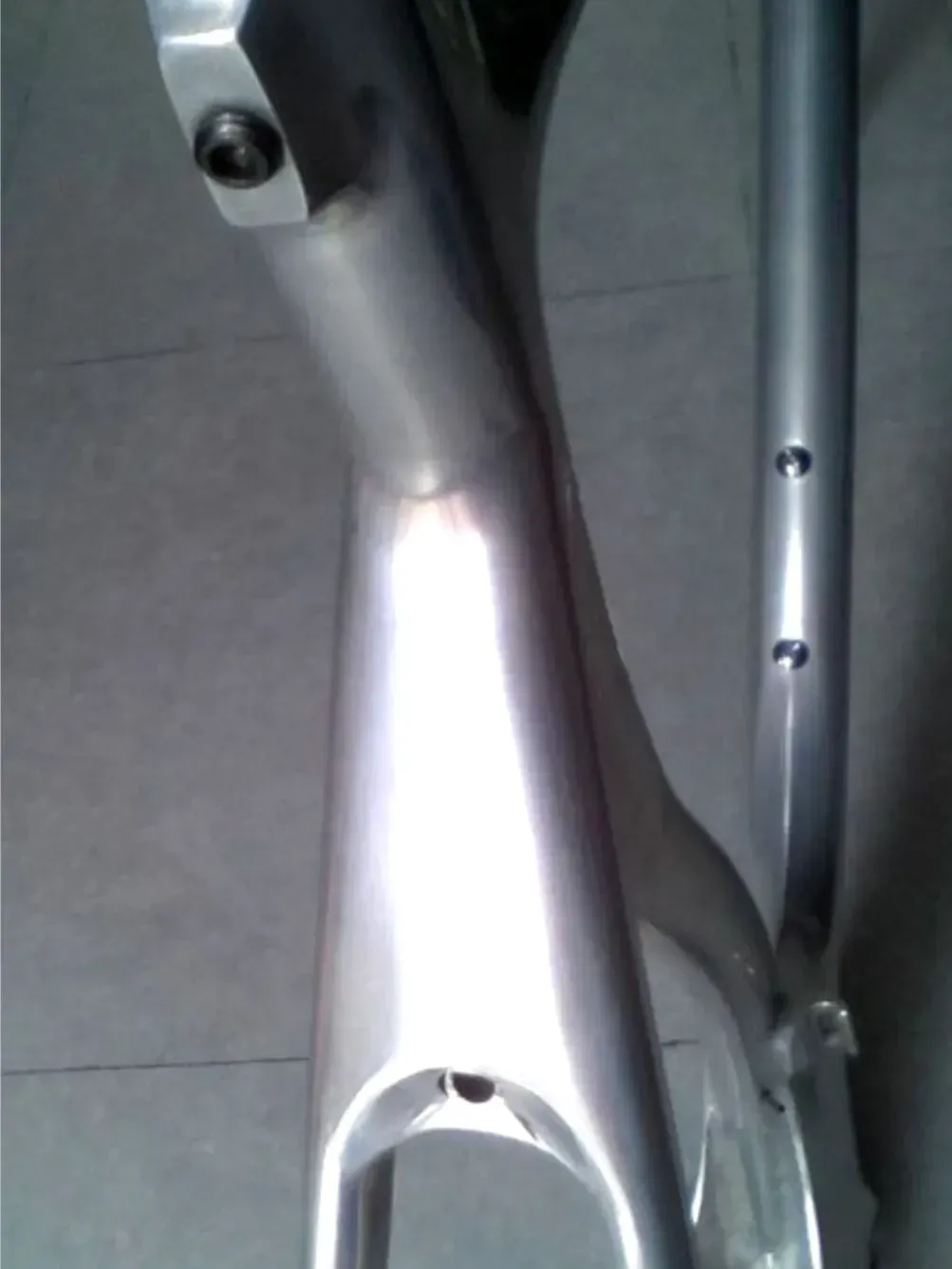
Daniel Hanart, Paris
Our aluminium builder. A new voice in Royal Asport bikes, blending engineering clarity with professional racing discipline.
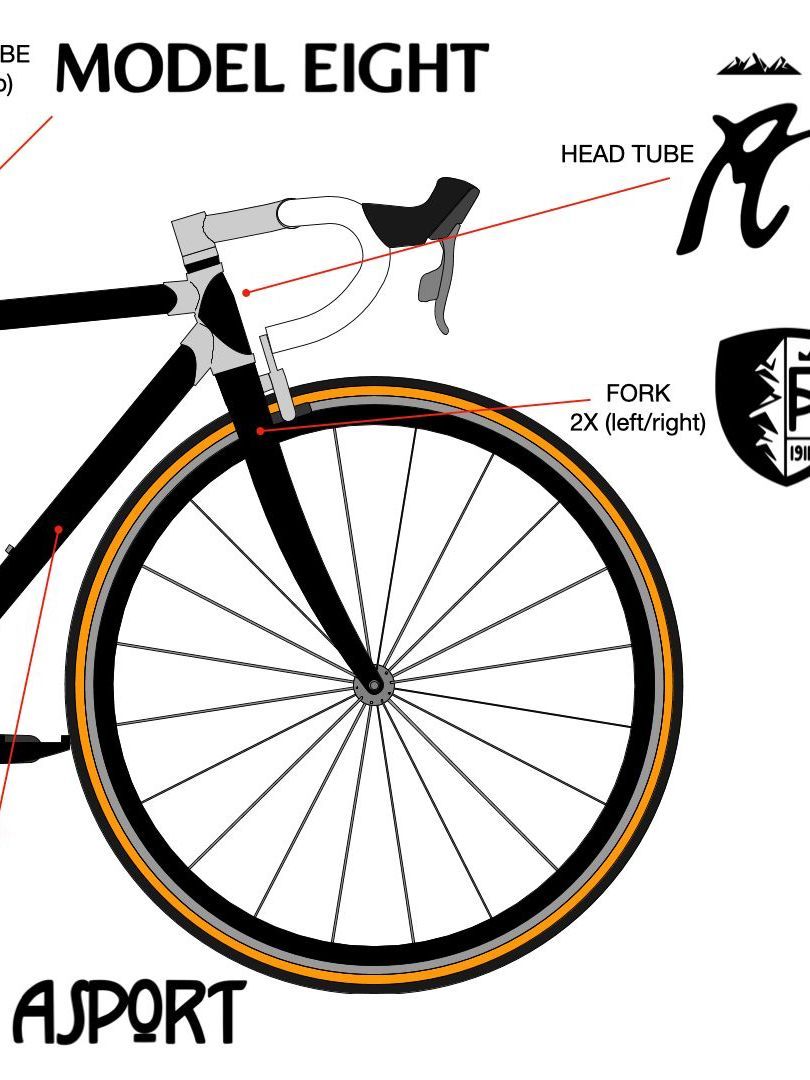
Royal Asport Studio, Pyrenees
Where each geometry is drawn, each build spec designed, each bicycle imagined and meticulously assembled.
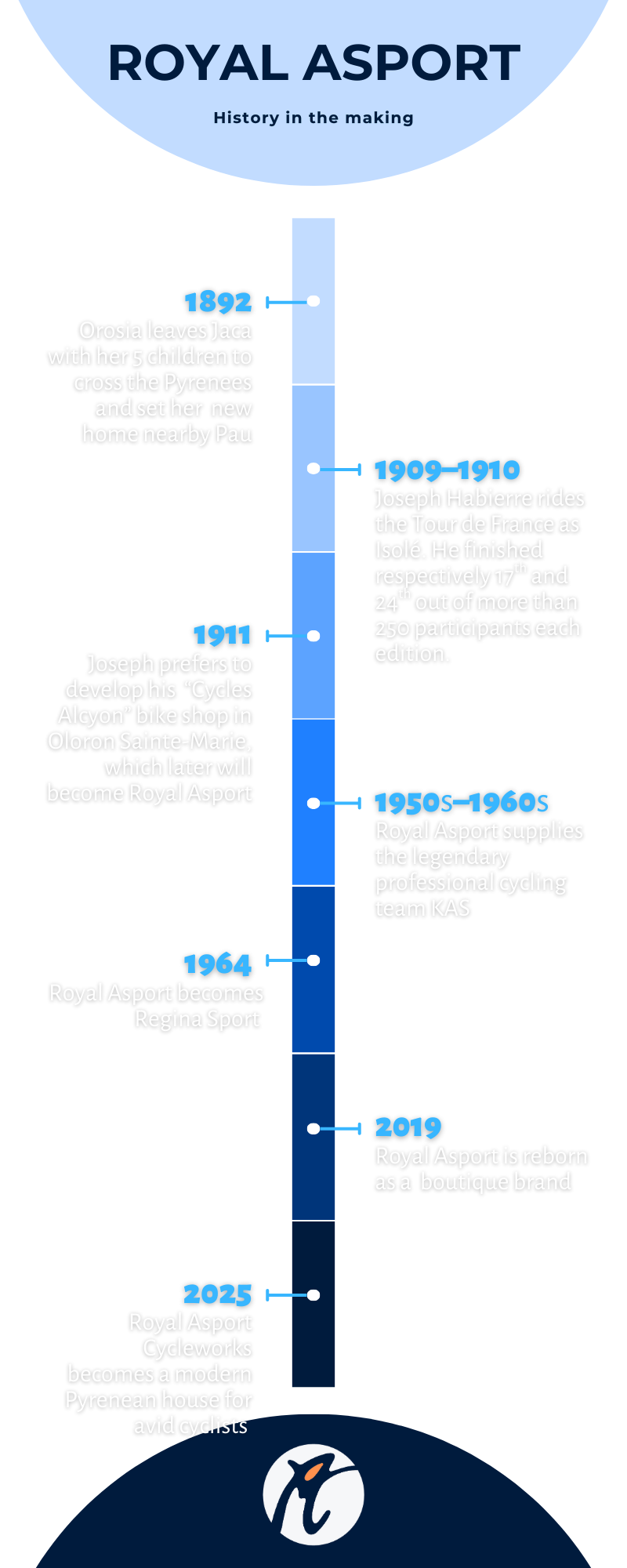
The New Royal Asport Cycleworks
Rebuilt from the ground up, Royal Asport Cycleworks now operates across the Pyrenees: from our heritage cradle in Béarn to our design studio & workshop in Borau, Aragon - and our trusted service partner in Jaca, the Jorry Bike Center.
Our approach is modular yet personal. We offer three main experiences:
- Studio Vélos - Custom geometry frames, built-to-measure
- Les ateliers - Vintage machines brought back to life
- Curated imports - State-of-the-Art frames and components we believe in
We don’t aim for mass. We don’t advertise everywhere. We don’t try to please everyone.
We exist for riders who know what they want - and why.
Every great bicycle starts with a conversation.
Tell us what you ride. Tell us where you ride. Tell us why.
We’ll handle the rest.










